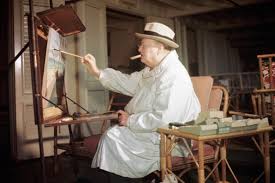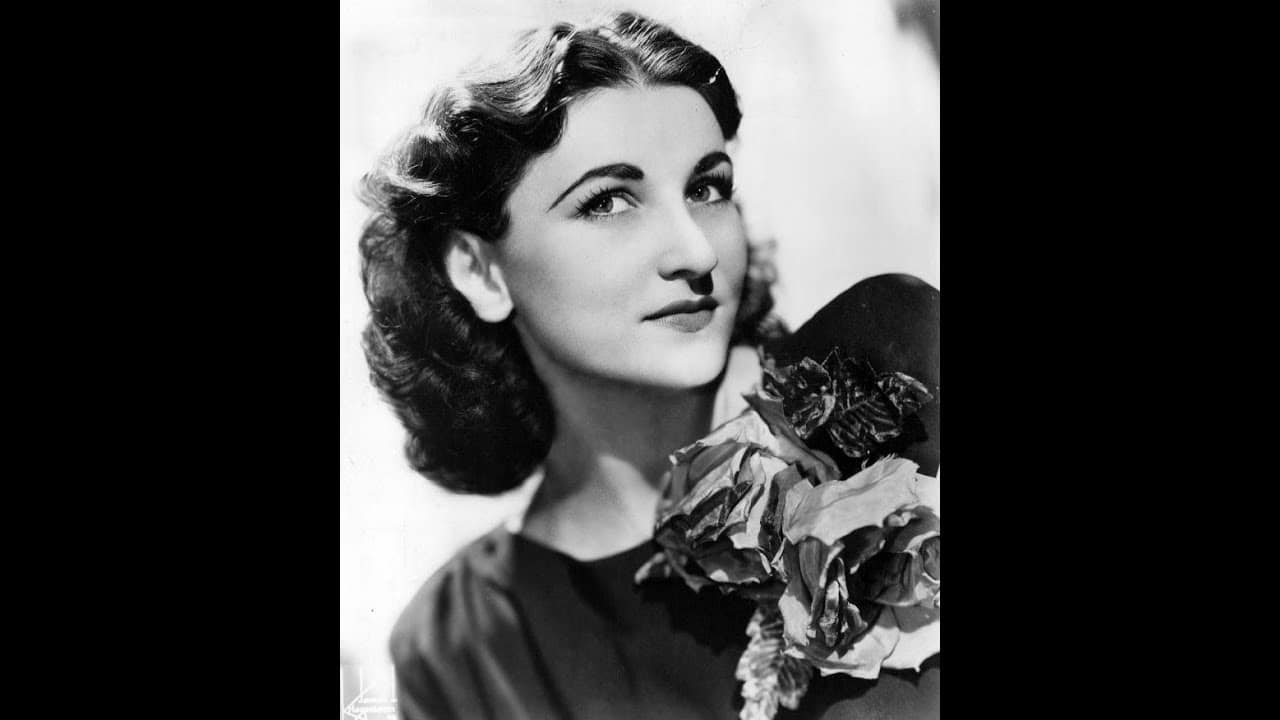Churchill never said what the Times says he did
mainThe London newspaper publishes today on page three a myth about Churchill that has been comprehensively refuted and yetr continues to appear in once-reputable media.
The article begins:
When asked to slash arts funding in an effort to support the war effort, Winston Churchill is said to have replied: “Then what would we be fighting for?”
What’s wrong with this sentence?
1 The UK had no Government arts funding before 1945.
2 The Churchill Project gives the known facts: This alleged quotation was ascribed to Churchill some years ago by the Village Voice, and has since migrated widely throughout the Internet. Unfortunately, our best efforts fail to find it among Churchill’s 15 million published words of speeches, papers, letters, articles or books. The quote was reprised more recently by actor Kevin Spacey to Chris Matthews of MSNBC, though the YouTube post nicely corrects the misquote with a textual overlay.
3 Although he made no connection between culture and the war effort, Churchill was always sympathetic to the arts. In January 1945 he authorised a small amount for the economist Maynard Keynes to establish an Art Council and the Royal Opera House.
The Times is a broken newspaper of record.






Comments